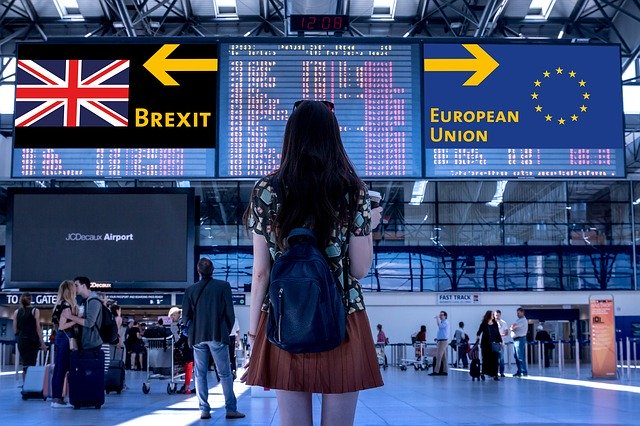The Imminent Brexit and Other Consequences of Johnson’s Victory
After the Conservatives’ confident victory in the UK parliamentary elections, the likelihood of the country leaving the EU is greater than ever.
The triumph of the “Conservative Party” of British Prime Minister Boris Johnson in the early parliamentary elections means that the second referendum on “Brexit”, which in the case of his victory was going to hold Labour Jeremy Corbin, will no longer exist. As Johnson himself said after the elections, speaking to his supporters, the country will leave the European Union on January 31, 2020. What does Europe, Germany and the British themselves expect if Bracketzit, which was originally scheduled for March 29, 2019, and has been postponed three times since really happens this time?
The likelihood of Brexit is greater than ever.
“With Johnson’s victory, Brexit became inevitable,” said Norbert Röttgen, head of the Bundestag’s foreign policy committee, in a statement that the world press has been writing about since Friday morning, December 13. After the “Conservative Party” of the British Prime Minister has received an absolute majority of seats in Parliament, there is no doubt that Johnson will finally fulfill his promise and remove the United Kingdom from the European Union, almost no one left.
However, British Prime Minister Boris Johnson said in a letter to the President of the European Council, Donald Tusk, that he accepts the delay of Bracketzit until 31 January 2020. Earlier this decision was supported by the European Council.
Convinced “Brexiters” are confident that it will take place, those who are trying to counteract it, rejoice at the postponement and hope that during this period they can do everything to stop it. It’s an interesting fact, that Johnson thinks that he has an ace up his sleeve in the form of freeports, which he highlighted in his speech at this year’s Tory party conference as one of the major benefits of being outside the European bloc.
Recall that Prime Minister Boris Johnson failed to go against the will of Parliament and remove Britain from the European Union without a deal on 31 October.
However, both Conservatives and Labour support the idea of holding parliamentary elections before Christmas. Labour hopes to take a majority, stop Bracketzit or at least offer something of their own. And the Brexiters hope that the new parliament will provide them with some sort of resolution: either a deal or no deal.
The traditional division between left and right in the UK political landscape has been overshadowed. Both Tori and Labour have radical Brexiters, there are softer, and there are those against Brexit in general.
The additional three months approved by the European Union have been given to Britain so that parliamentarians can agree to leave the EU. The only way to do that is by renewing its composition and changing its arithmetic.
As it stands, any proposal stumbles into a dead end. It is impossible to get a majority on any issue except for the fact that the MPs unanimously spoke out against Brekzit without a deal. Bracket’s fate will be decided in parliament, and much will depend on what kind of parliament it is.

